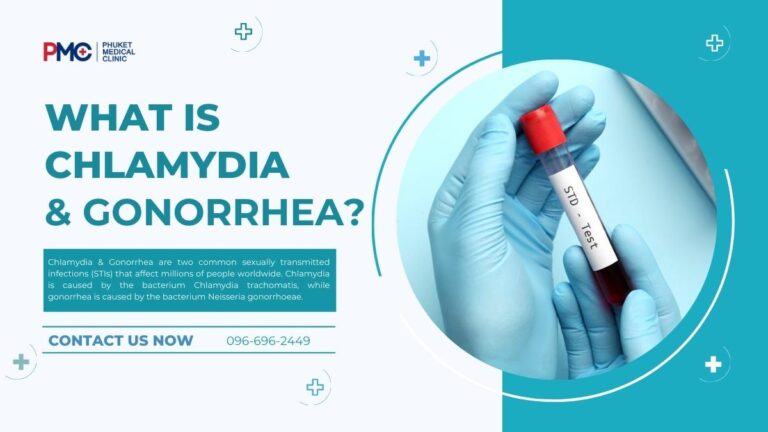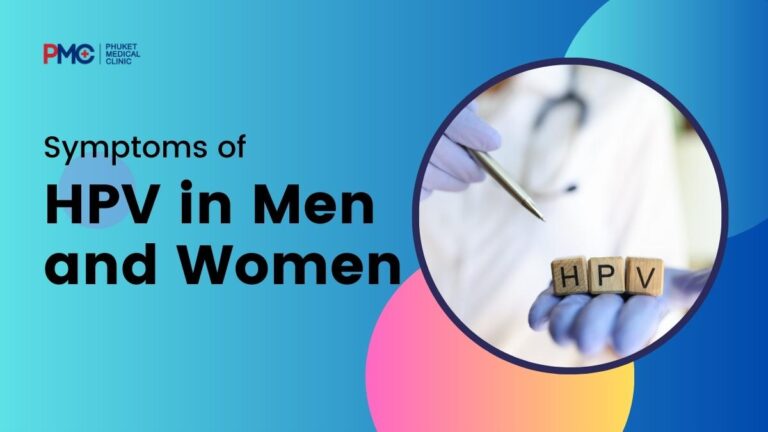Complications of Hepatitis B
Hepatitis B is a viral infection that primarily affects the liver. It is caused by the hepatitis B virus (HBV) and is transmitted through contact with infected blood or bodily fluids. The virus can be contracted through unprotected sex, sharing contaminated needles, or from an infected mother to her baby during childbirth. Hepatitis B can lead to acute or chronic liver disease, with symptoms ranging from mild to severe. Acute hepatitis B infection may cause flu-like symptoms, jaundice, and fatigue, while chronic infection can result in long-term liver damage, cirrhosis, and an increased risk of liver cancer. Vaccination is available to prevent hepatitis B, and antiviral medications can help manage chronic infections. Regular testing and early intervention are crucial for effective management of the disease.








